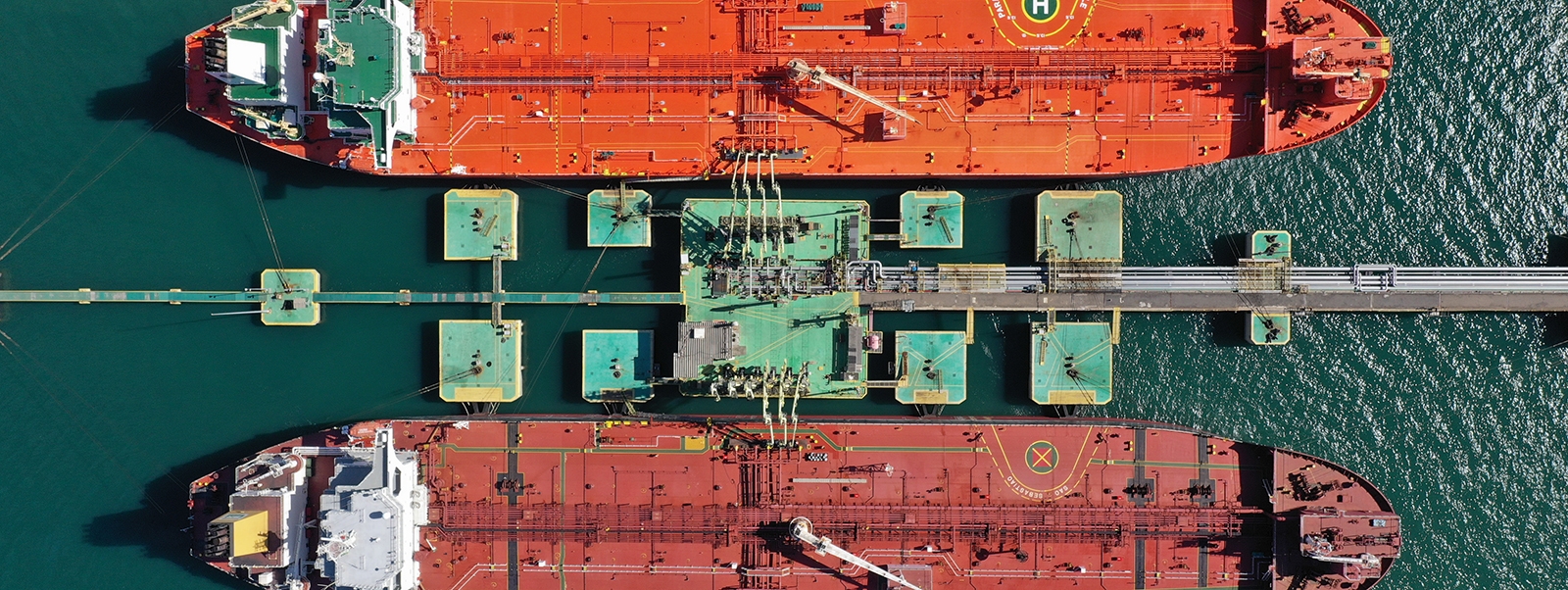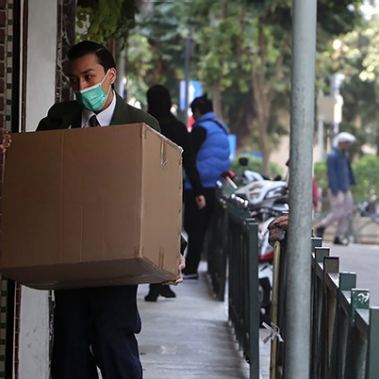The novel coronavirus (Covid-19) is already threatening oil markets, having greatly affected China's industrial production levels and, consequently, its oil importing requirements.
The fear of less demand — from China and eventually globally as the economic impact widens — has sent crude oil to its lowest price in more than a year.
As a result, investors, traders, and/or their financiers who have bought "long" may suddenly find their market in contango. When the delivery date arrives, if they try to sell the oil they purchased, they may have to incur a substantial loss.
Rather than sell it immediately, oil traders might (quite understandably) opt to keep the oil and wait for the price to rise before selling it. But there are problems with this approach:
- Where do traders keep the oil in the meantime?
- If purchasing the oil under the futures contract requires the trader to obtain finance from banks or other institutions, are those financiers aware of the risks associated with the long-term storage of crude oil at sea? One of the attractions of a futures contract is that until the delivery date, the buyer does not possess the commodity and does not have to worry about its storage. Once that delivery date arrives, however, it becomes their property and will remain so until sold.
It is no coincidence that, when crude oil prices are volatile, maritime freight prices for the carriage of oil also often follow (as has been seen over the past few weeks). Oil tanker operators often find it difficult to obtain good charters for their vessels when oil traders are looking for somewhere to keep their newly delivered (or about to be delivered) oil.
This often creates a maritime contango "marriage of convenience": oil traders charter idle oil tankers to store their oil, and ship owners find a cheap way of employing their tankers, simply anchoring the vessels and offering the otherwise idle ships for use as floating storage units.
These recent developments may have implications for the marine insurance market, including for marine cargo insurance, marine hull insurance, oil traders' liability insurance, charterer's legal liability, and protection and indemnity cover.


.jpg.imgix.profileSmall.jpg)

402x402.jpg.imgix.threeColumnTile.jpg)